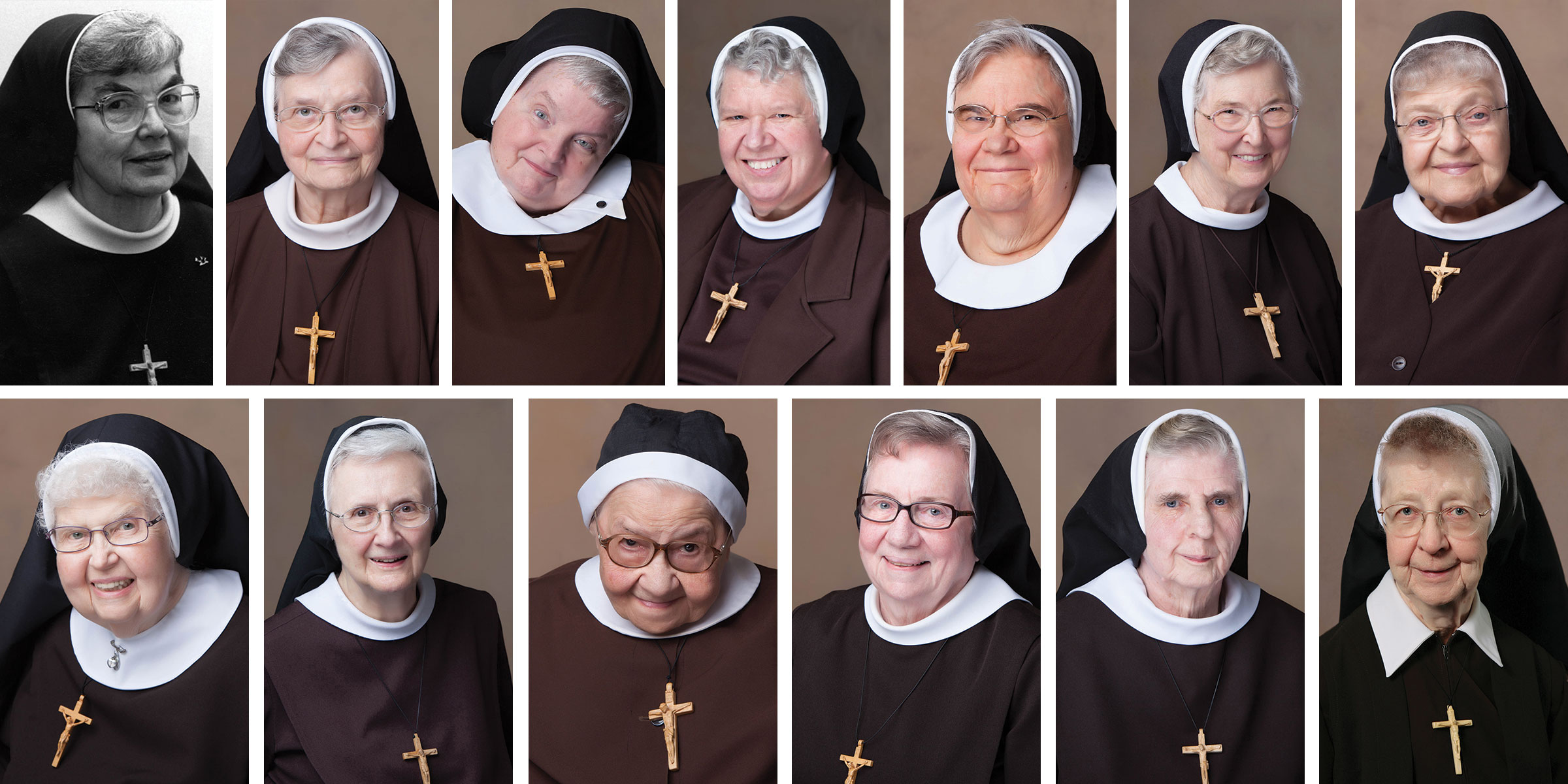
Thirteen religious sisters at a Michigan convent have died from the coronavirus, with twelve sisters passing in the span of a month.
The women, aged 69 to 99, were all members of a Felician Sisters convent in Livonia, Mi.
On Good Friday, the virus took the life of Sister Mary Luiza Wawrzyniak, 99. By the end of the month, eleven other sisters had passed; seventeen more were infected but recovered, according to Sr. Noel Marie Gabriel, the director of clinical health services for Our Lady of Hope Province. A thirteenth sister, despite an initial recovery, passed away in June.
“The sisters in Presentation of the Blessed Virgin Mother convent in Livonia — as well as all of us in the province — are still very much dealing with the loss of so many sisters,” says Suzanne Wilcox English, Executive Director of Mission Advancement for the Felician Sisters of North America.
The sisters, all of whom were long-time members of the convent, lived, prayed and worked together. Prior to their retirements, the women had worked as school teachers, college professors and principals; librarians, nurses and organists.
Sister Mary Luiza Wawrzyniak had “served as the ‘sunshine person’ for the local minister, sending feast day and birthday cards to the Sisters in the infirmary,” an obituary reads; Sister Victoria Marie Indyk, 69, led nursing students regular trips to the Felician Sisters’ mission in Haiti. Sister Rose Mary Wolak, 86, spent eight years working as a secretary in the Vatican’s Secretariat of State; Sister Thomas Marie Wadowski, 73, once led a second-grade class to win a national prize in a Campbell’s Soup commercial competition.
The death of the 13 nuns could be the most serious loss of life experienced by a group of religious women in the United States since the 1918 influenza pandemic, according to Global Sisters Report, a non-profit Catholic news outlet. Globally, at least 61 Felician sisters have died. But other religious orders have also been struck by the virus, with six sisters dying of COVID-19 at the Our Lady of the Angels Convent in Wisconsin in April.
The convent closed its doors to visitors in March and placed strict restrictions on group activities. But the virus still reached the convent, and spread quickly.
For many sisters, who normally pray alongside those who are dying, having to socially distance during a time of grief was difficult. “Normally, we will share stories about the sister we have lost during the vigil, the night before the funeral,” says English. “But we have been unable to do so.”
“Their collective impact on the community has been, and continues to be, very deep,” says English.
More Must-Reads from TIME
- Cybersecurity Experts Are Sounding the Alarm on DOGE
- Meet the 2025 Women of the Year
- The Harsh Truth About Disability Inclusion
- Why Do More Young Adults Have Cancer?
- Colman Domingo Leads With Radical Love
- How to Get Better at Doing Things Alone
- Michelle Zauner Stares Down the Darkness
Contact us at letters@time.com